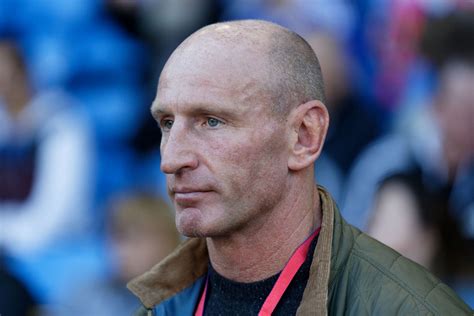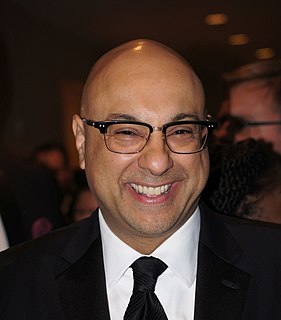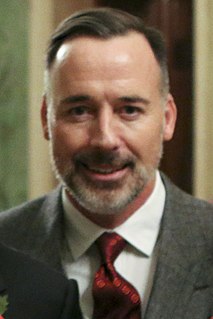A Quote by Courtney Act
For people living with HIV, the knowledge that undetectable equals untransmittable is huge news, not only as a means of preventing transmission, but in breaking down the stigma that many people still experience.
Quote Topics
Related Quotes
And the stigma hasn't really changed that much in 31 years. You are still getting people - it's a shame-based disease. It's based on sexual transmission. And it's still shame-based. And until people feel strong enough and feel loved enough to actually open up and say, listen, I'm HIV-positive, then we are facing an uphill battle.
In the States, the HIV transmission from mother to child is almost completely preventable - the only mothers who really do transmit it are the ones who don't come in for care. If a mother in the United States or in Europe or in the UK comes to care and gets her medicines, she will have an HIV negative baby. Most people don't know that.
The weakness of cable news is that it chases its audience around. Your audience wants fast-paced, popular news. It needs real news. Cable news changes its stripes based on audience reaction. Viewers are reacting well to breaking news? You probably do more breaking news than you need to. The struggle is building something so that people will come to you, as opposed to constantly changing what you are because you're unsure of where the audience is.
We think that if we get tested, that means you have to have HIV. Or we think that just by knowing someone with HIV, we're going to get HIV or because he's gay or she's a lesbian or whatever. This false information has been put out there and it's created this stigma that stops us from going to find out if we're infected. The truth is it doesn't matter who you are, if you're having sex, you need to be getting tested, plain and simple.
In strictly medical terms, there's no difference between HIV and diabetes; they're not curable, but they're very, very highly treatable, and early information is power. The only thing - literally the only thing - that is different is the stigma. And we have to overcome it, because it is now the only reason people are dying.
There's so much stigma around HIV/AIDS. It's a challenging issue, and the people that already have been tested and know their status find it very, very hard to disclose their status, to live with that virus, and to even seek out the kind of information they need. This experience of going to South Africa a decade ago really woke me up to the scale of the HIV/AIDS pandemic in sub-Saharan Africa, how it was affecting women and their children. I haven't been able to walk away from it.































